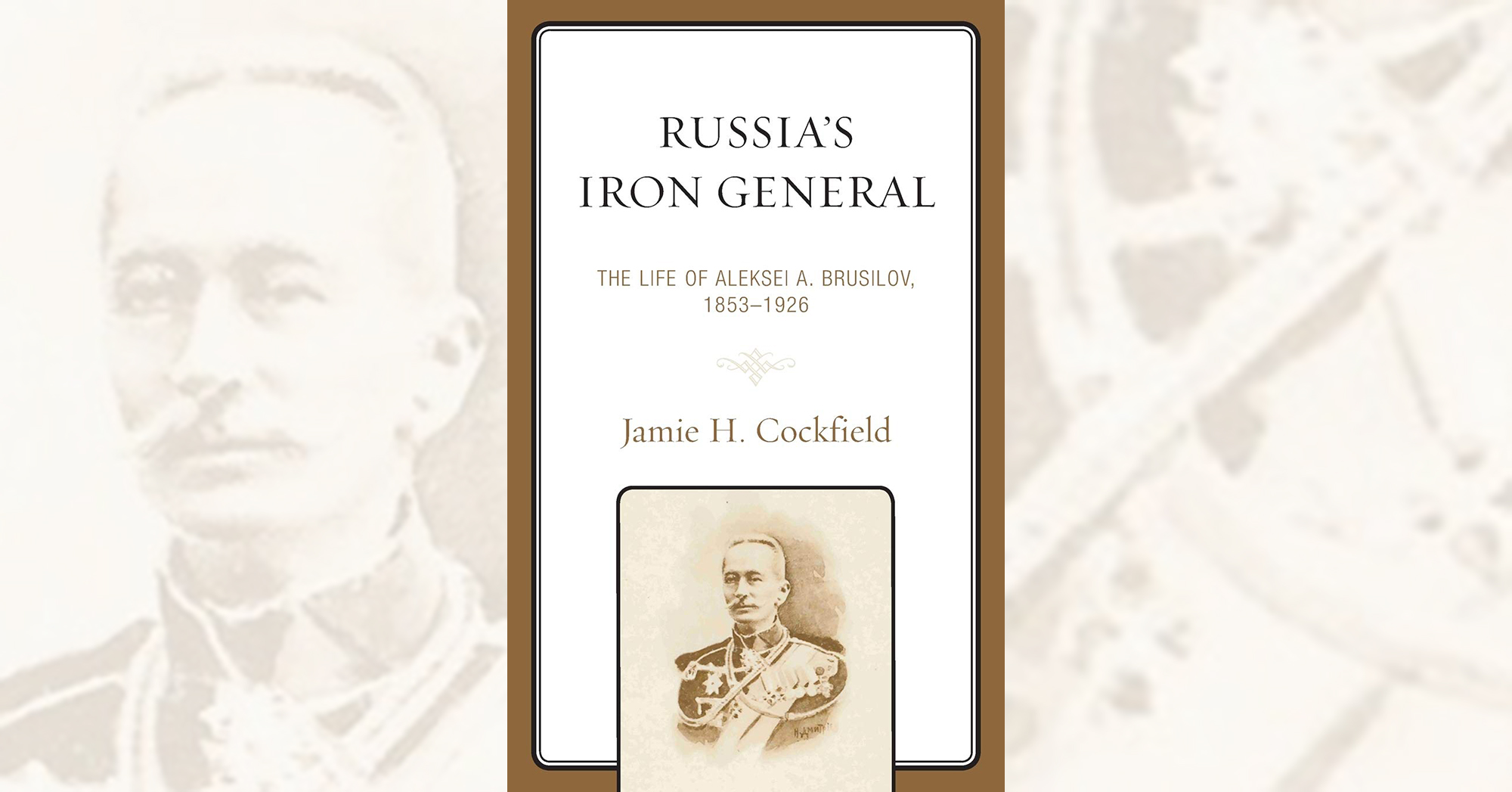Russia’s Iron General: The Life of Aleksei A. Brusilov 1853–1926, by Jamie H. Cockfield, Rowman & Littlefield Publishing Group, Pittsburgh, Pa., 2019, $120
Jamie Cockfield’s biography Russia’s Iron General sheds new light on Alexei Alekseyevich Brusilov, whom the author ranks among the most brilliant Allied generals of World War I and one of only two truly great Russian military commanders of the modern era—the other being 18th century Marshal Alexander Suvorov.
Like Suvorov, Brusilov believed that military success largely stemmed from thorough preparation and exhaustive training. In addition, despite being a product of the 19th century cavalry, Brusilov was an advocate for the adoption of new technologies and the implementation of combined operations. He was also rare among Russian officers in that he cared about the welfare of his soldiers.
Brusilov spearheaded the 1916 Russian offensive that devastated the Austro-Hungarian army in the greatest Allied victory of that year. In grand strategic terms the author explains how that success had far-reaching effects on the entire course of the war. Austria-Hungary abandoned its offensive in Italy to make up for the severe losses inflicted by the Russians, from which its army never fully recovered. Hitherto-neutral Romania was encouraged to enter the war on the Allied side. Austro-Hungary was compelled to invite a Turkish corps to shore up its faltering lines, at the expense of the Ottoman empire’s own embattled forces. In addition, the Germans were compelled to redeploy large numbers of troops east to assist the weakened Austro-Hungarians, costing them any chance of winning the Battle of Verdun and fatally weakening their strength all along the Western Front. Ironically, Brusilov’s masterstroke came too late to alter the conflict’s course for Russia itself.
Russia’s Iron General offers a provocative new assessment of one of the most underappreciated commanders of World War I, as well as a fascinating view of the Russian army during the late tsarist era.
—Robert Guttman





